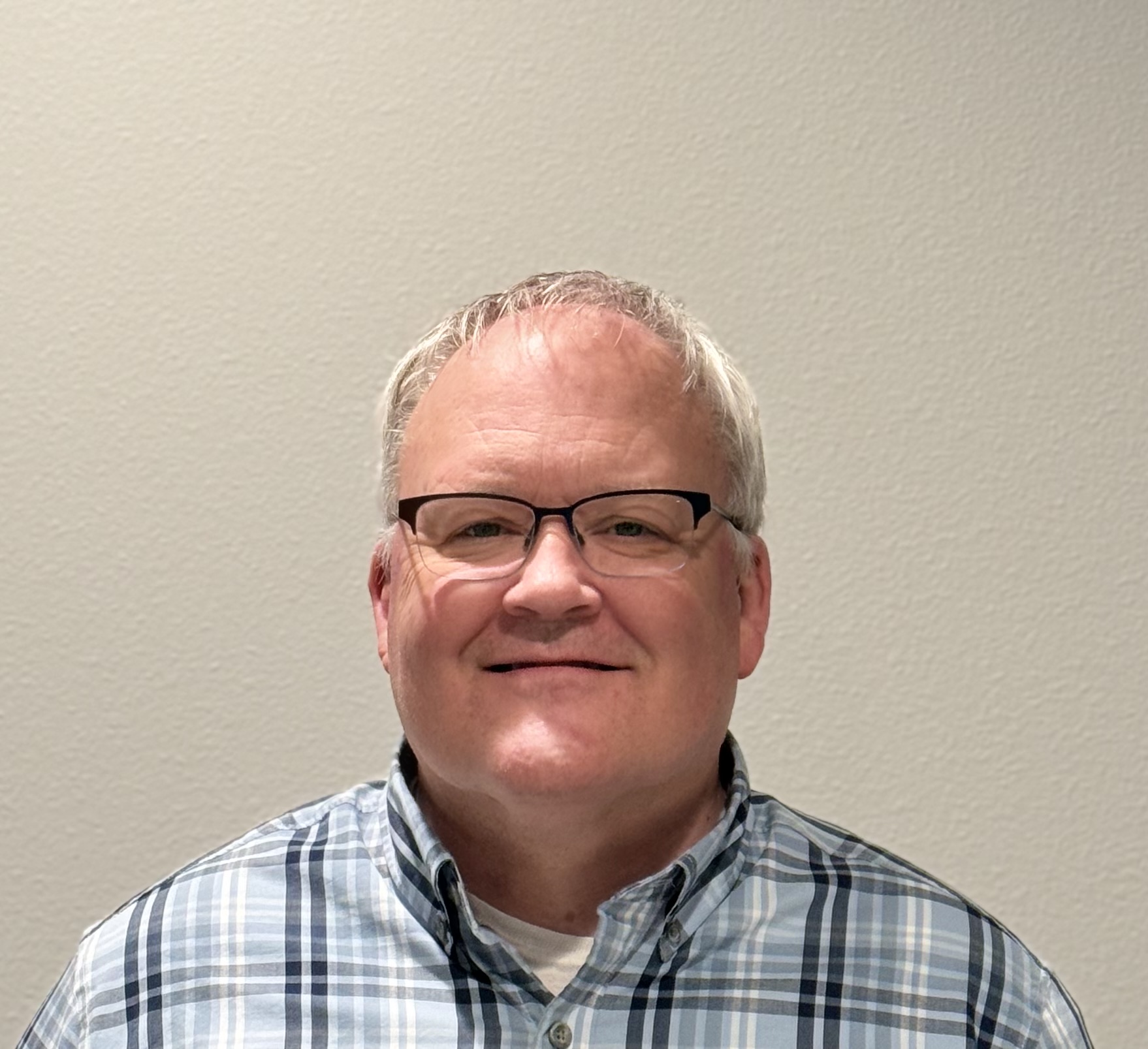A Call to Action: Helping Families Affected by the Opioid Epidemic

A team of researchers and practitioners from the University of Washington and Washington State University, led by SDRG’s Jim Leighty, recently published an op-ed in Health Affairs Forefront in support of efforts to increase access to evidence-based interventions for families affected by opioid use disorder (OUD). An estimated 6.7 to 7.6 million U.S. adults meet OUD diagnostic criteria, and approximately 623,000 of them are parents living with children. An estimated 2.2 million U.S. children are affected by OUD at this time. Without changes to current prevention, treatment, and recovery systems, by 2030, an estimated 4.3 million children will be affected by opioid use in the United States. Yet only a third of adults with OUD receive treatment due to structural factors such as a lack of family-friendly treatment options, as well as stigma, shame, and guilt.
The Northwest Center for Family Support (NCFS) is a pioneer in working towards providing such family-friendly treatment and prevention interventions for parents with OUD and their children throughout the state of Washington. Funded by a grant from the Foundation for Opioid Response Efforts, NCFS provides free training, consultation, and technical assistance around evidence-based interventions (EBI) for providers supporting caregivers with OUD who have children age 0–14. The evidence-based interventions include Families Facing the Future, Guiding Good Choices, Promoting First Relationships, and Strengthening Families Program for Parents and Youth 10–14. These programs are listed on multiple evidence-based clearinghouses, including Blueprints for Healthy Youth Development and the California Evidence-Based Clearinghouse for Child Welfare. These interventions have demonstrated positive impacts on reduced substance use (proximal and distal) for parents and youth, improved child behavior, reduced out-of-home placements, increased parent responsiveness, reduced family conflict, and reduced youth conduct problems. All are designed for or can be delivered in a group format, which helps to increase reach at a relatively low cost. Guided by a robust steering committee of subject-matter experts, NCFS is well on its way to training 130 EBI providers and reaching hundreds of families across Washington State, including in underserved and highest need areas, by spring 2025.
NCFS sees great enthusiasm for this work in the face of challenges and systemic delays. Staffing is a primary concern, followed by billing issues in professional siloes whose billing codes may not explicitly allow for prevention services offered in a holistic approach. Family support may also be missing in treatment codes. Stigma and shame remain significant barriers. Moreover, funding is a huge concern in the face of declines in federal drug control spending over the past 15 years. The op-ed issues a call to action to increase support for families and children affected by OUD across the United States through:
- A broader definition of harm reduction across generations
- Increased federal and opioid settlement funding for prevention
- Support for improved finance and billing structures that support upstream prevention
- A shift in language to reduce stigma
To learn more about these policy changes and their potential impact, you are cordially invited to read the op-ed and to respond through the comments section or to Jim Leighty directly.